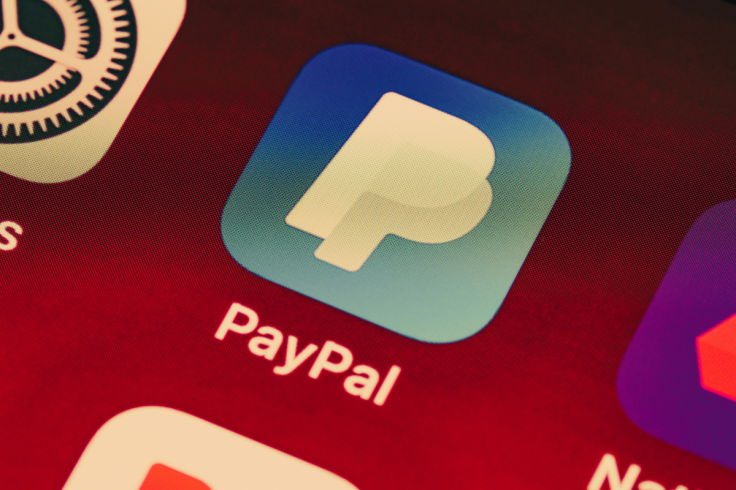PayPal Red Alert Issued After 600% Increase In Scams Recorded in 2025: What You Need To Know
The alarming 600% rise in PayPal scams, reported on 28 April 2025, is a reminder of the evolving cyber threat landscape

A chilling red alert has gripped PayPal users as a relentless wave of scams surges by 600% in 2025, threatening the security of the £165 billion ($221 billion) payment giant's 434 million accounts.
Cybercriminals are deploying cunning tactics, from fake account suspension emails to fraudulent invoices, exploiting trust in PayPal's platform. Here's everything you need to know to safeguard your finances and outsmart these sophisticated scams.
Spot Fake Emails Now
According to a National World report, McAfee Labs recorded a 600% spike in PayPal-related scams since 1 January 2025, fuelled by a coordinated cyber campaign. Scammers send emails labelled 'Action Required,' claiming your account is suspended or compromised, urging you to update details via malicious links.
These emails replicate PayPal's branding, complete with official logos and seemingly legitimate sender addresses like service@paypal.com. Some scams involve fake gift card offers or unsolicited calls from 'PayPal support' about billing disputes.
A Forbes analysis uncovered a disturbing twist: attackers are hijacking PayPal's own email system, sending messages from authentic servers to evade spam filters. This makes detection harder, as even tech-savvy users can be fooled.
To stay safe, never click links in unsolicited emails. Instead, log in directly at PayPal.com to check your account status. Hover over sender addresses to spot subtle discrepancies, such as 'paypal-support.com' instead of the real domain. Awareness is your first line of defence.
Secure Your Account Today
With PayPal processing £1.2 trillion ($1.6 trillion) in transactions annually, its users are prime targets for cybercriminals. A MSN report on phishing trends underscores the urgency of robust security measures.
Start by enabling two-factor authentication (2FA), which requires a code sent to your phone or authenticator app alongside your password. This simple step, actionable as of 29 April 2025, can block most unauthorised access attempts.
Create a unique, complex password—avoid reusing ones from other platforms—and update it every six months. PayPal's Security Centre recommends forwarding suspicious emails to phishing@paypal.com for investigation.
If you spot unauthorised transactions, report them immediately via the Resolution Centre and contact your bank to freeze linked cards. If you've clicked a questionable link, change your password instantly and scan your device for malware using trusted antivirus software.
Regularly review your transaction history for small, unfamiliar charges, as scammers often test accounts with minor transfers before escalating.
Stay Vigilant Always
The 2025 scam surge thrives on exploiting human psychology, with cybercriminals crafting emails and texts that mimic PayPal's tone and urgency. McAfee's data reveals that some attacks leverage legitimate PayPal features, like payment requests or address confirmation prompts, to trick users into sharing credentials.
For example, a fake invoice for £50 ($67) might prompt you to 'dispute' it via a phishing link. Never respond to unsolicited payment requests or share sensitive details like your password or bank information. PayPal's fraud detection systems, including real-time transaction alerts, are working overtime, but user vigilance is critical.
Be wary of deals that seem too good to be true, such as heavily discounted gift cards or cashback offers. If you receive a suspicious call, hang up and contact PayPal directly at their verified number.
Outsmart Scammers, Protect Your Money
The alarming 600% rise in PayPal scams, reported on 28 April 2025, is a stark reminder of the evolving cyber threat landscape.
By spotting fake emails, securing your account with 2FA, and maintaining constant vigilance, you can protect your hard-earned money. Act now—your financial security hangs in the balance.
Originally published on IBTimes UK
© Copyright 2025 IBTimes UK. All rights reserved.



















